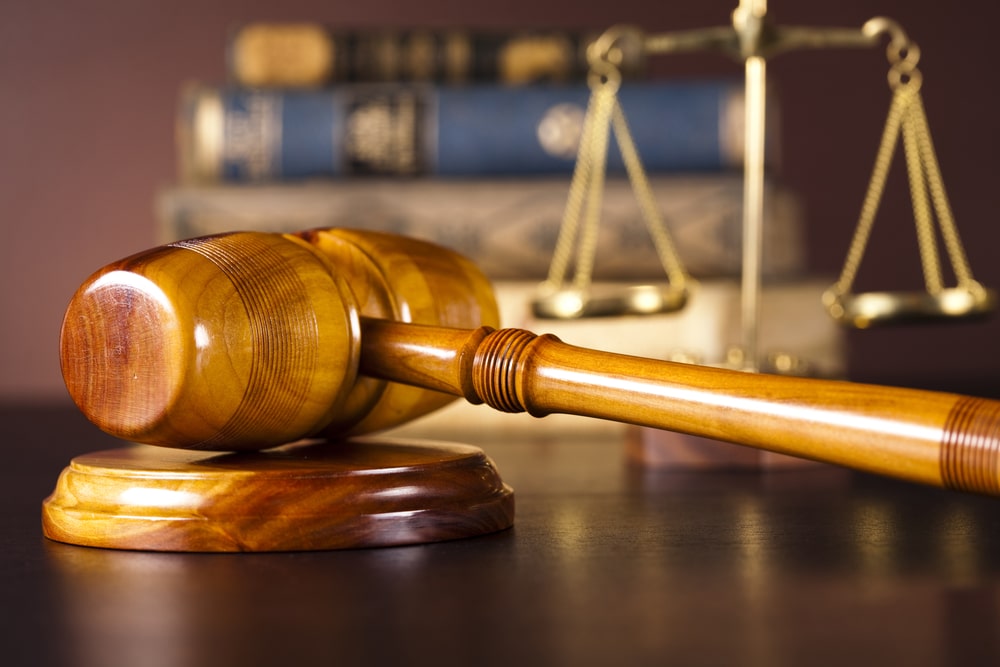Whistleblowers, often unsung heroes in our society, play a vital role in uncovering wrongdoing, exposing corruption, and promoting transparency. They are individuals who courageously step forward to reveal confidential information about unethical or illegal activities within their organizations, government agencies, or corporations. The act of whistleblowing can be a daunting and life-altering decision, as it often comes with significant personal and professional risks. If you find yourself needing legal representation regarding whistleblowing, it would be advantageous to contact a whistleblower lawyer.
The Role Of Whistleblowers
Whistleblowers serve as a crucial check and balance on power. They bring hidden truths to light, ensuring that those who abuse their positions of authority or engage in unethical conduct are held accountable for their actions. Their disclosures can range from corporate fraud, environmental violations, healthcare malpractice, government misconduct, and more. In essence, whistleblowers act as the conscience of society, reminding us that no one is above the law or moral principles.
Historical Significance
The history of whistleblowing dates back centuries, with notable instances such as Daniel Ellsberg’s release of the Pentagon Papers during the Vietnam War and the Watergate scandal, which was exposed by Deep Throat (later revealed to be Mark Felt). These cases demonstrated the power of individuals willing to risk their livelihoods and personal safety to reveal the truth. Whistleblowing has since become a crucial component of modern governance and accountability.
Challenges Faced By Whistleblowers
Whistleblowers face immense challenges in their pursuit of justice. One of the primary hurdles is the fear of retaliation. They risk losing their jobs, careers, and even their personal safety. The psychological toll of blowing the whistle can be devastating, leading to stress, anxiety, and isolation.
The Impact Of Whistleblowing
The impact of whistleblowing extends far beyond the individual whistleblower. Their actions can lead to investigations, prosecutions, and reforms. For example, the 2001 Enron scandal, exposed by whistleblower Sherron Watkins, led to the bankruptcy of the energy giant and sparked regulatory changes to prevent similar financial fraud in the future. Similarly, Edward Snowden’s disclosures about government surveillance programs initiated a global debate about privacy rights and government overreach.
According to Eric Siegel Law, whistleblowing also plays a vital role in corporate responsibility. When employees or insiders expose unethical or illegal practices within a company, it can lead to internal investigations, the removal of corrupt executives, and changes in corporate culture. Companies are increasingly recognizing the value of whistleblowers in maintaining their integrity and reputation.
The Ethical Dilemma
While whistleblowers are often celebrated for their courage, their actions can also raise ethical questions. Some argue that leaking confidential information can harm national security or damage the reputation of an organization without due process. Balancing the need for transparency and accountability with the potential harm caused by disclosing sensitive information is a complex ethical dilemma that society grapples with.
Whistleblowers are the unsung heroes who risk everything to uphold transparency, accountability, and ethical standards in society. Their contributions are essential for maintaining a just and fair world. While their actions come with significant personal and professional costs, they continue to shine a light on corruption and wrongdoing, reminding us all that the pursuit of truth and justice is a collective responsibility. Society must continue to support and protect whistleblowers, recognizing their vital role in maintaining integrity and fairness in our institutions.

